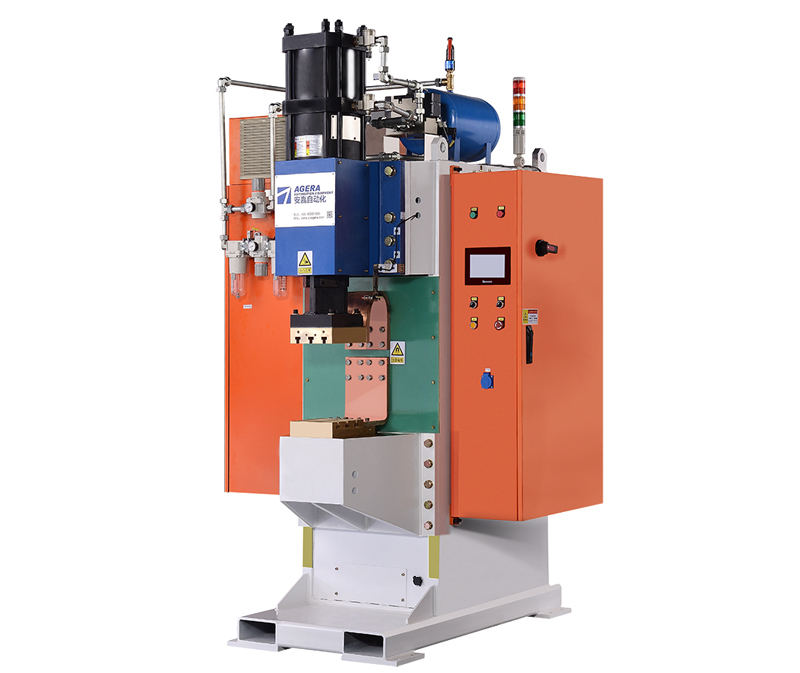Energy storage welding machines are versatile tools used in various industries for joining metal components. Understanding which metals are compatible with these machines is crucial for achieving successful welding outcomes. This article aims to provide insights into the metals that are suitable for energy storage welding machines, enabling users to make informed decisions for their welding projects.
- Steel: Steel is one of the most commonly welded metals using energy storage welding machines. Whether it’s mild steel, stainless steel, or high-strength alloy steel, these machines are capable of effectively joining steel components. Steel welding applications are found in automotive, construction, and manufacturing industries, making energy storage welding machines highly suitable for a wide range of projects involving steel materials.
- Aluminum: Energy storage welding machines can also be used for welding aluminum, a lightweight metal with various applications. Aluminum welding requires specific techniques and equipment due to its low melting point and high thermal conductivity. However, with the right settings and compatible accessories, energy storage welding machines can deliver satisfactory results when welding aluminum components. This makes them suitable for industries such as aerospace, automotive, and electronics, where aluminum is commonly used.
- Copper and Copper Alloys: Energy storage welding machines can handle copper and copper alloys, which are commonly used in electrical and plumbing applications. Copper welding requires precise control of heat and current, and these machines can provide the necessary parameters for achieving quality copper welds. From electrical connections to plumbing joints, energy storage welding machines offer versatility for working with copper and its alloys.
- Titanium: In industries such as aerospace, medical, and chemical processing, titanium is a highly sought-after metal due to its exceptional strength-to-weight ratio and corrosion resistance. Energy storage welding machines equipped with appropriate settings and suitable accessories can effectively join titanium components. However, titanium welding requires specific techniques and shielding gases to prevent contamination and achieve strong, defect-free welds.
- Other Metals: Energy storage welding machines can also be used for welding other metals such as nickel alloys, brass, and bronze, depending on their specific composition and welding requirements. Each metal may have unique welding characteristics, and proper adjustment of welding parameters and techniques is necessary to ensure successful welds.
Energy storage welding machines are capable of welding a wide range of metals, including steel, aluminum, copper, titanium, and other metals like nickel alloys, brass, and bronze. These machines offer versatility and flexibility for various industries, allowing for the efficient joining of metal components in diverse applications. By understanding the compatibility of energy storage welding machines with different metals, users can select the appropriate machine and welding parameters to achieve high-quality welds for their specific metalworking needs.
Post time: Jun-13-2023



